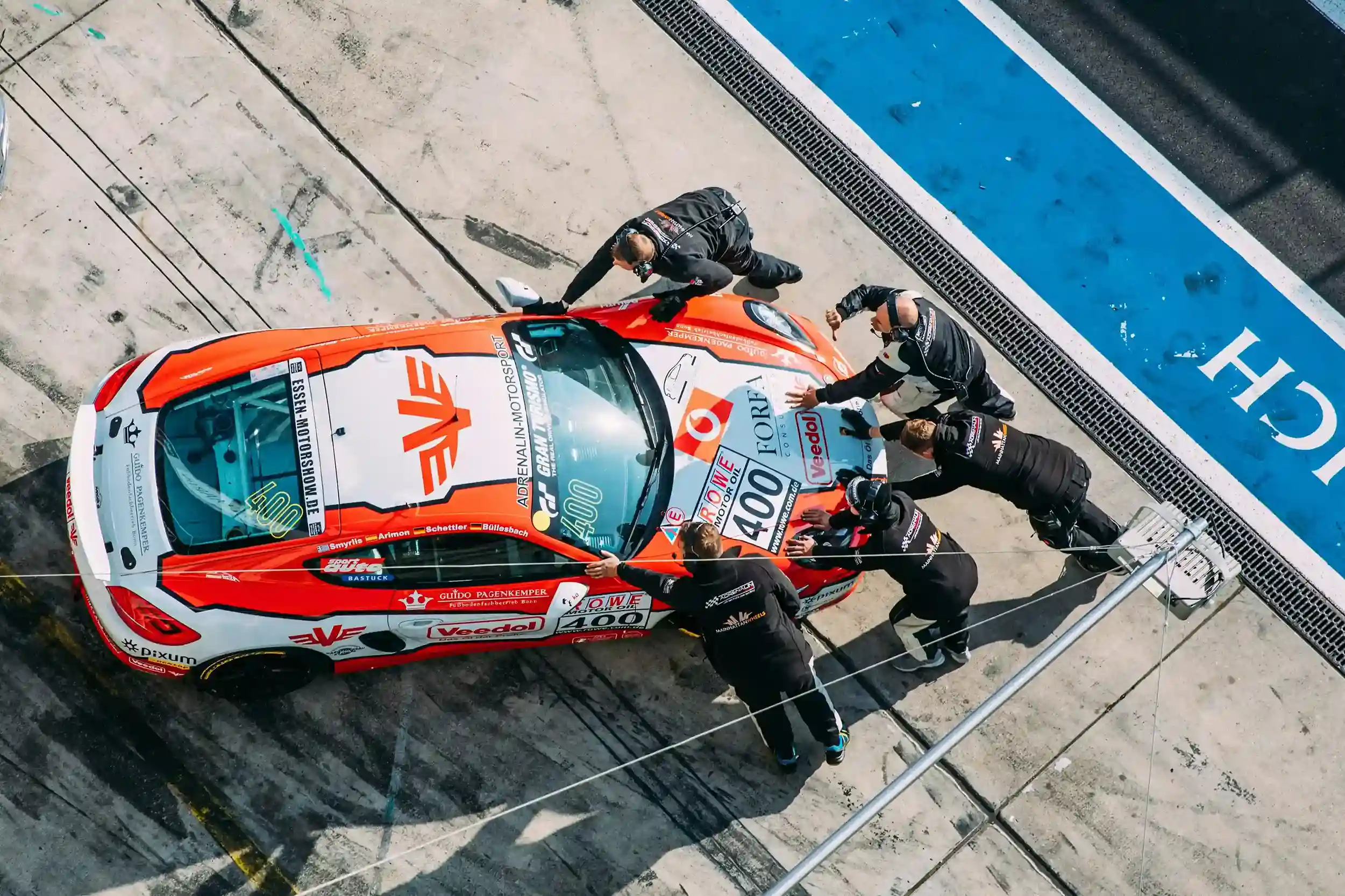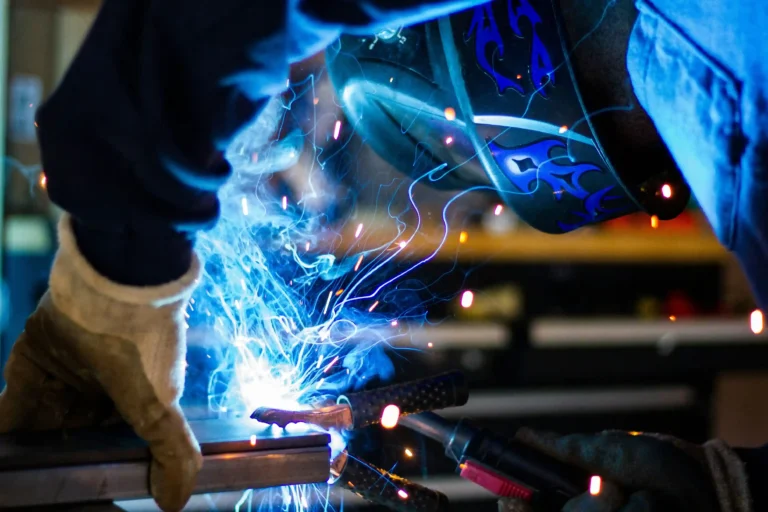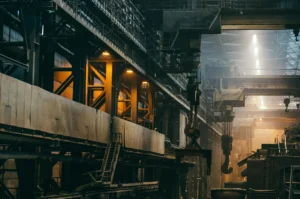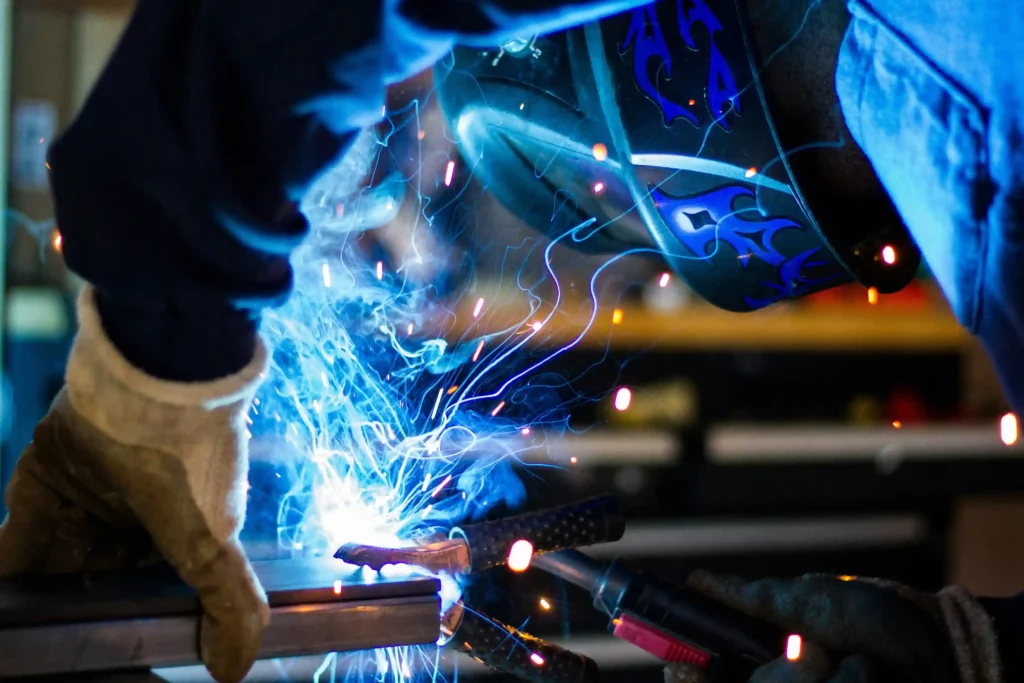The automotive industry is undergoing a transformative shift with rapid advancements in electrification, automation, and sustainability. Manufacturers are competing to introduce cutting-edge technology, from self-driving capabilities to eco-friendly innovations. With growing consumer demand and government regulations, the market is evolving faster than ever. Electric vehicles (EVs) are at the forefront, but hydrogen-powered cars and AI-integrated vehicles are also making waves. Luxury brands continue to push the envelope with high-performance supercars. The road ahead is filled with innovation, making it an exciting time for car enthusiasts and industry professionals alike.
- Electric Vehicles (EVs) Lead the Charge
The global shift towards EVs is gaining momentum as automakers invest heavily in battery technology. Tesla, Ford, and GM are expanding their EV lineups, while governments introduce incentives to promote adoption. New battery technologies promise longer ranges and faster charging times, reducing range anxiety. With an increasing number of charging stations worldwide, EVs are becoming more convenient for everyday users. Legacy automakers are adapting to stay competitive in this evolving market. The EV revolution is here to stay, and it’s reshaping the industry. - Self-Driving Cars: Progress and Challenges
Autonomous vehicle technology continues to develop, with companies like Waymo, Tesla, and Cruise testing self-driving systems. While Level 4 autonomy is still in progress, features like automated lane-keeping and adaptive cruise control are becoming common. Regulatory hurdles and safety concerns are slowing widespread adoption. The need for improved infrastructure and real-world testing remains a challenge. However, AI-powered innovations are making cars smarter and safer. In the coming years, self-driving cars may become a mainstream reality. - Hydrogen-Powered Cars: A Viable Alternative?
While EVs dominate, hydrogen fuel cell vehicles (FCVs) are emerging as a strong alternative. Toyota and Hyundai are leading the charge with models like the Mirai and Nexo. Hydrogen technology allows for quick refueling and long driving ranges, making it ideal for heavy-duty transport. Infrastructure challenges and production costs remain hurdles for mass adoption. Governments and industries are working on expanding hydrogen refueling networks. If challenges are addressed, hydrogen-powered cars could complement the EV revolution. - Connected and AI-Powered Vehicles
Cars are becoming smarter with AI integration, enhancing safety, entertainment, and connectivity. Voice assistants, real-time traffic updates, and remote diagnostics are now common in modern vehicles. Automakers are partnering with tech companies like Google and Apple for seamless in-car experiences. Over-the-air (OTA) updates enable remote software enhancements, reducing the need for physical maintenance. AI-driven safety features are reducing accidents and improving road safety. The future of transportation is increasingly digital and interconnected. - High-Performance Supercars and Hypercars
Luxury car brands continue to push performance boundaries with cutting-edge engineering. The Bugatti Tourbillon and Ferrari SF90 XX Stradale showcase remarkable speed and aerodynamics. Electric hypercars like the Rimac Nevera are redefining performance with instant torque and extreme acceleration. Hybrid supercars are bridging the gap between sustainability and speed. Advanced aerodynamics and lightweight materials enhance efficiency and agility. The world of high-performance cars remains an exhilarating space for enthusiasts. - Sustainable Manufacturing in the Automotive Industry
Automakers are adopting eco-friendly manufacturing practices to reduce environmental impact. Companies like BMW and Volvo are leading sustainability efforts with carbon-neutral factories. The use of recycled materials and biodegradable components is on the rise. Supply chain optimization and green logistics are becoming priorities for manufacturers. Government regulations are pushing the industry towards a more sustainable future. The next decade will see a major shift in how cars are produced and disposed of.

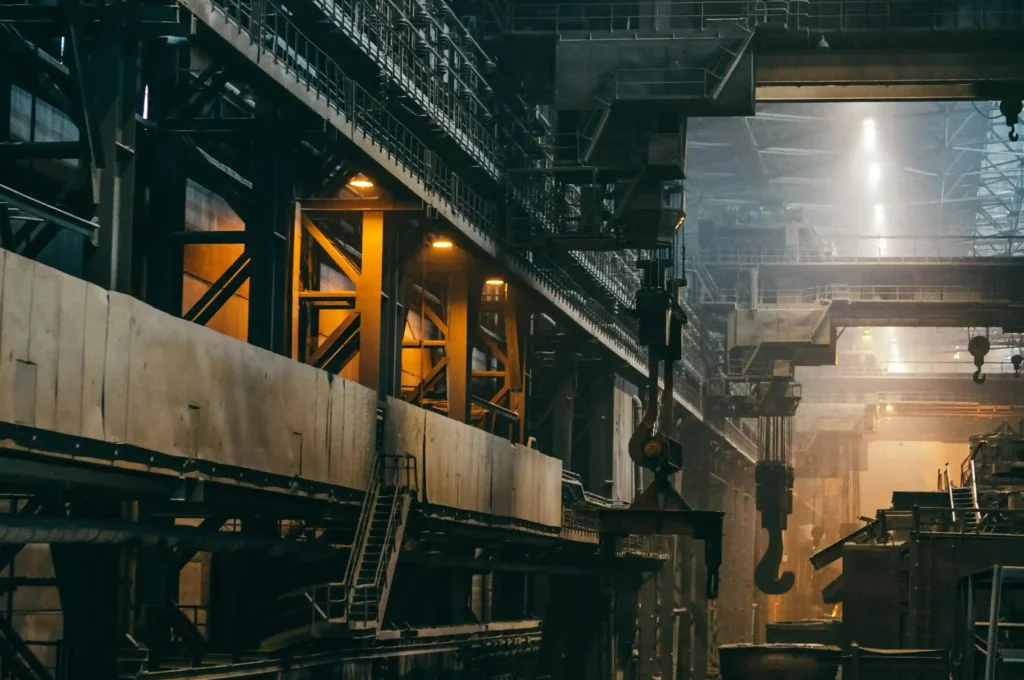

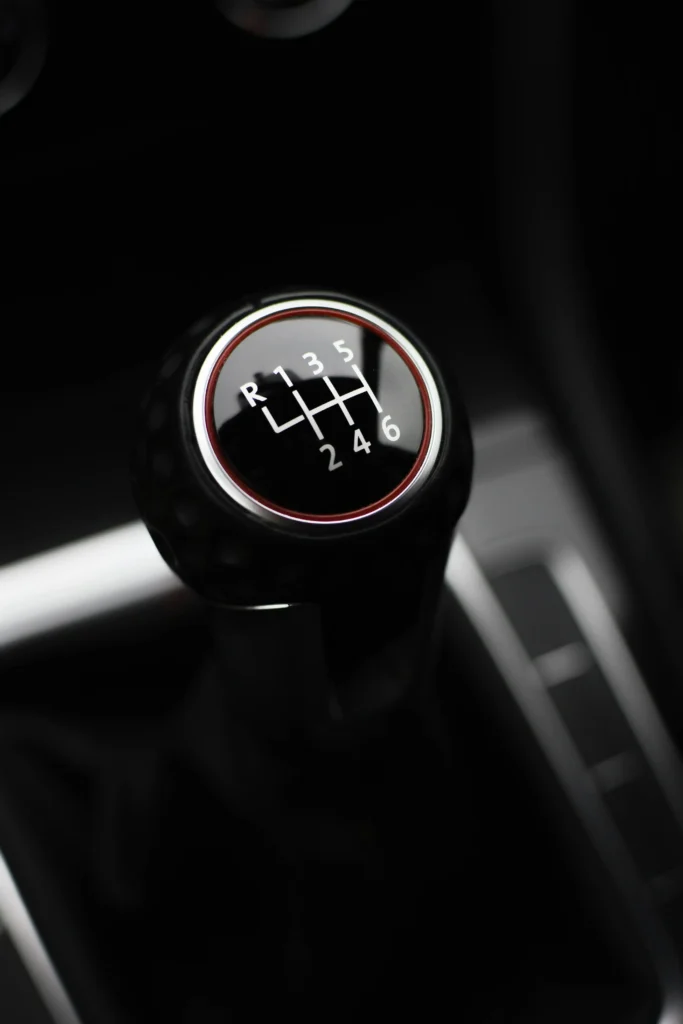
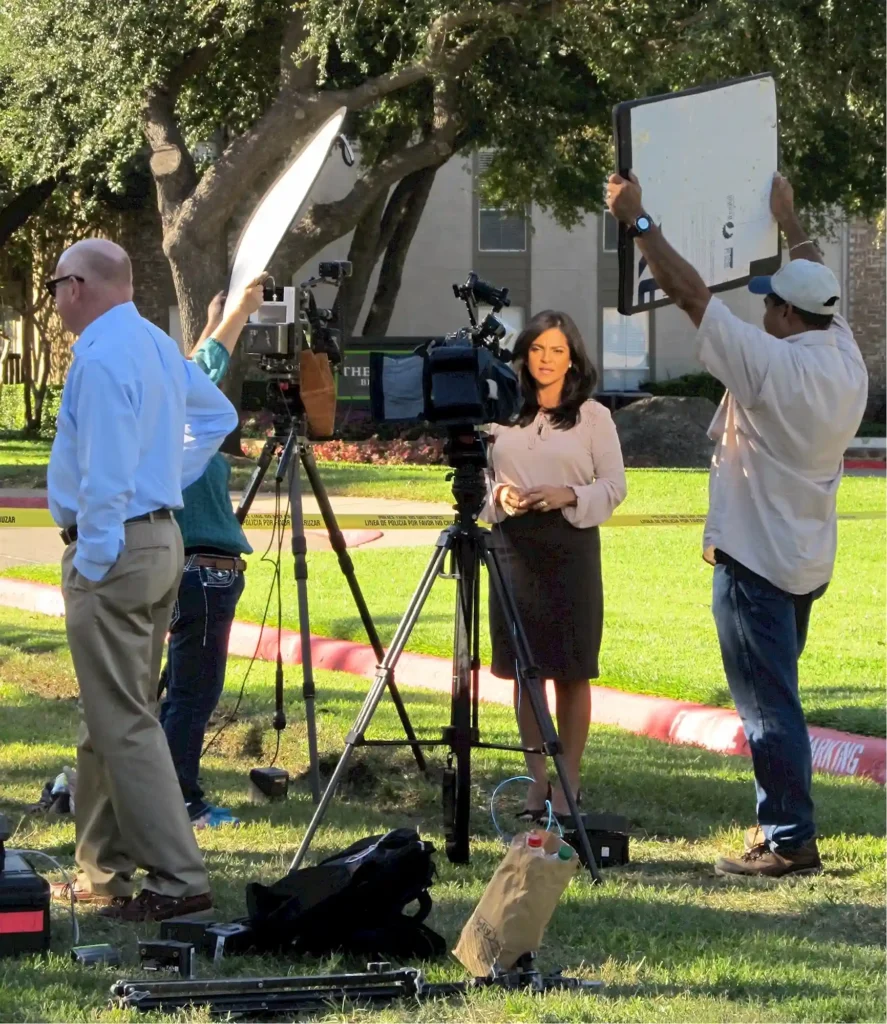
The automotive industry is evolving faster than ever, driven by technological innovation and sustainability goals. Electric vehicles are leading the way, while hydrogen and AI-powered cars provide exciting alternatives. Self-driving technology is improving, but challenges remain before full autonomy is realized. Luxury car manufacturers continue to innovate, keeping performance at the forefront. The future of transportation promises convenience, efficiency, and a reduced environmental footprint. As advancements continue, we are set to witness a new era of mobility, transforming how we travel and interact with vehicles.




